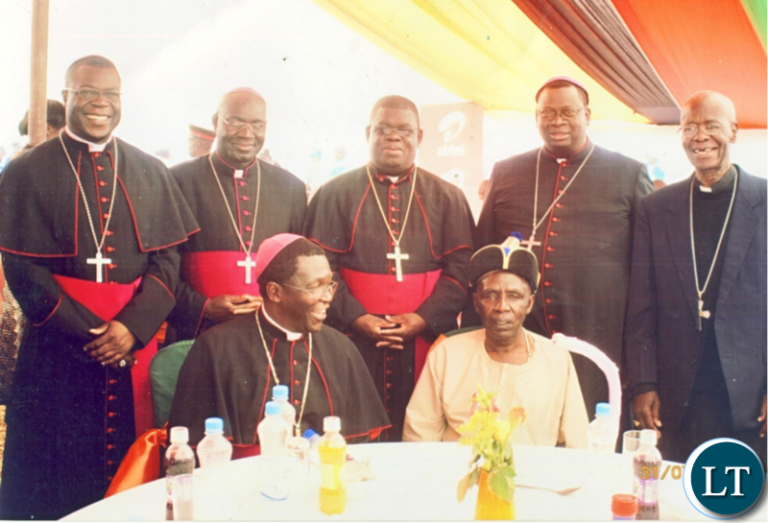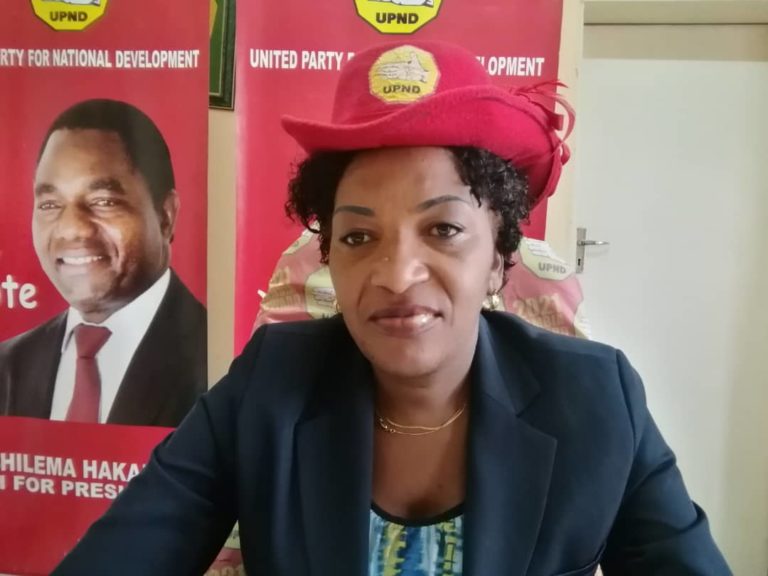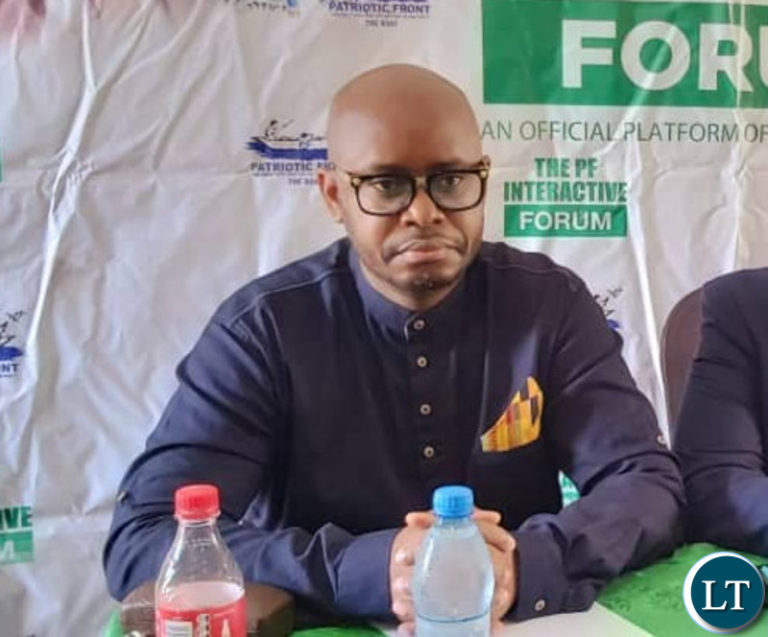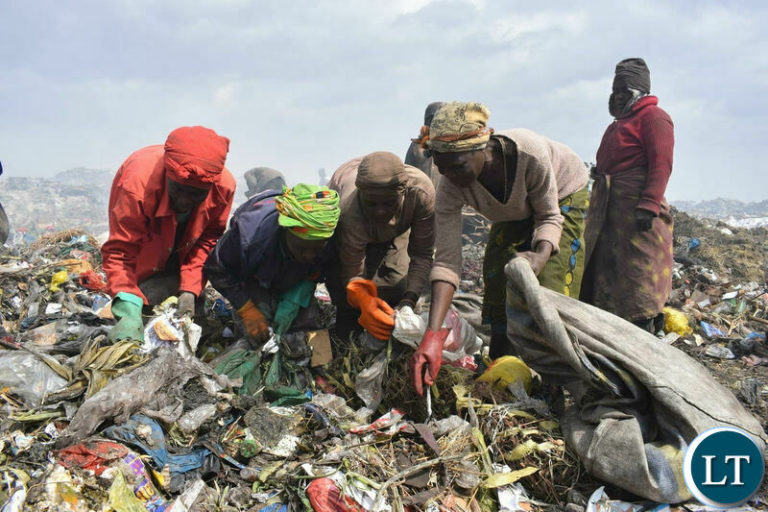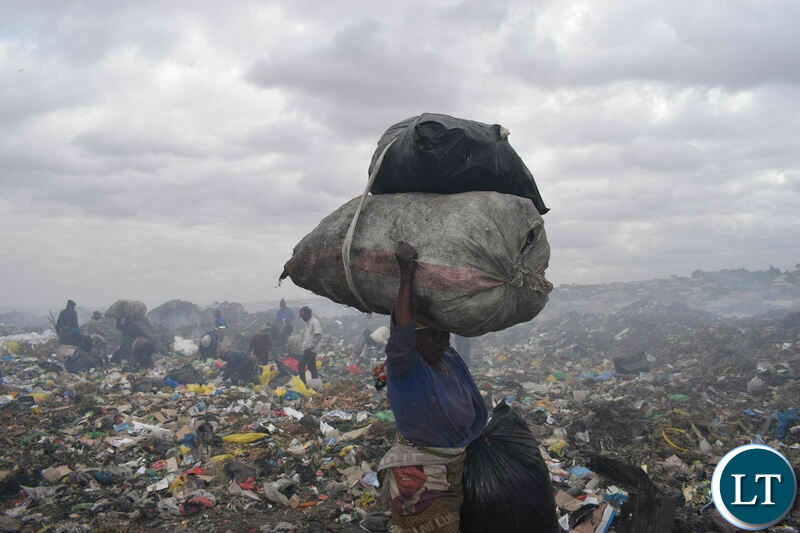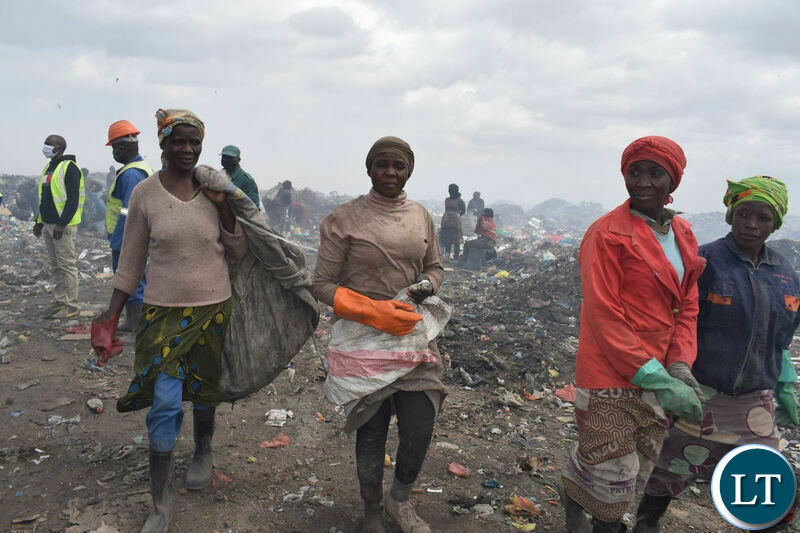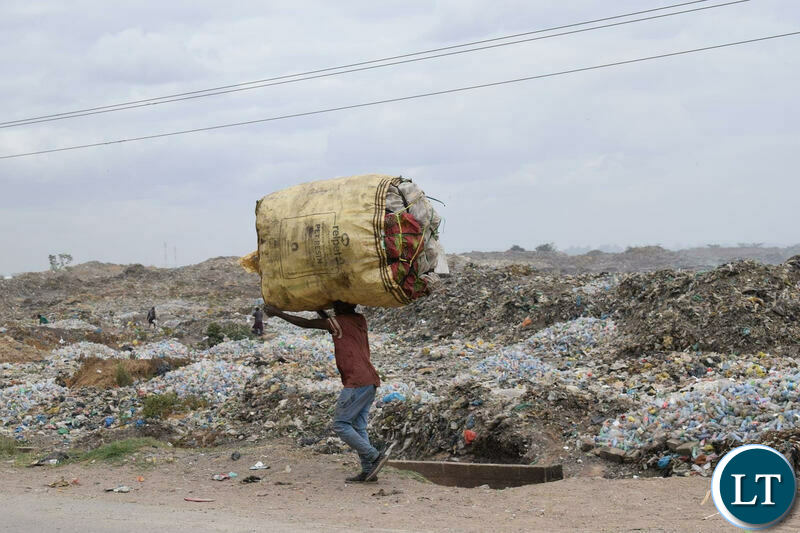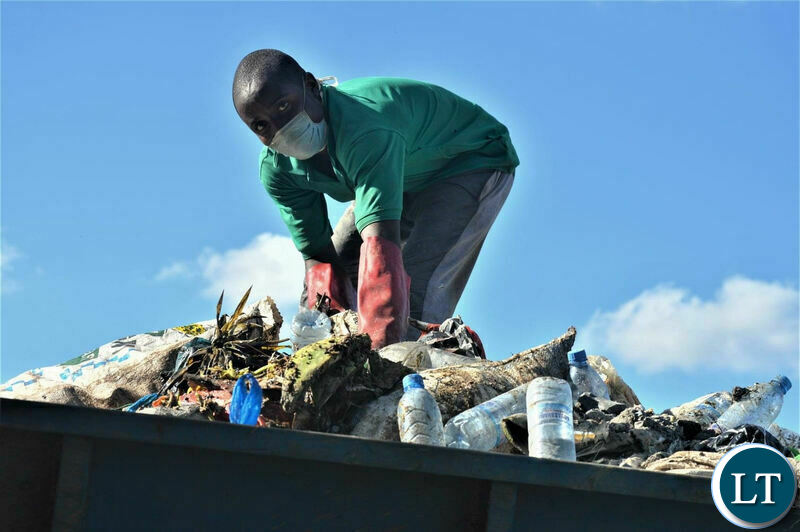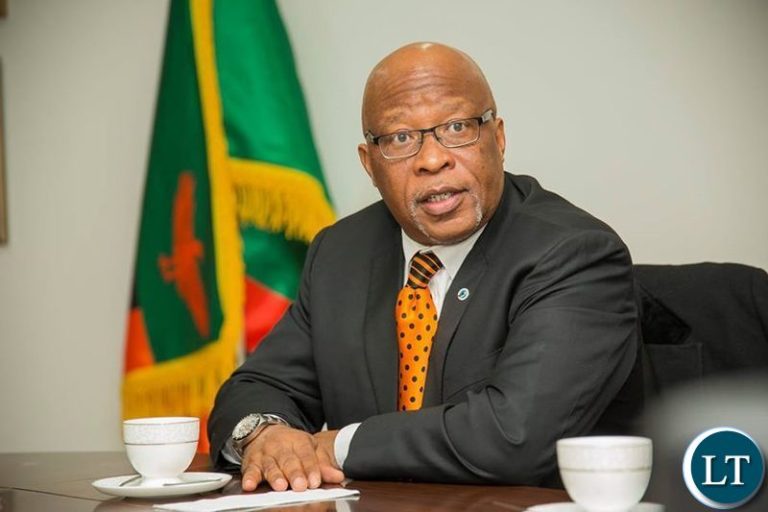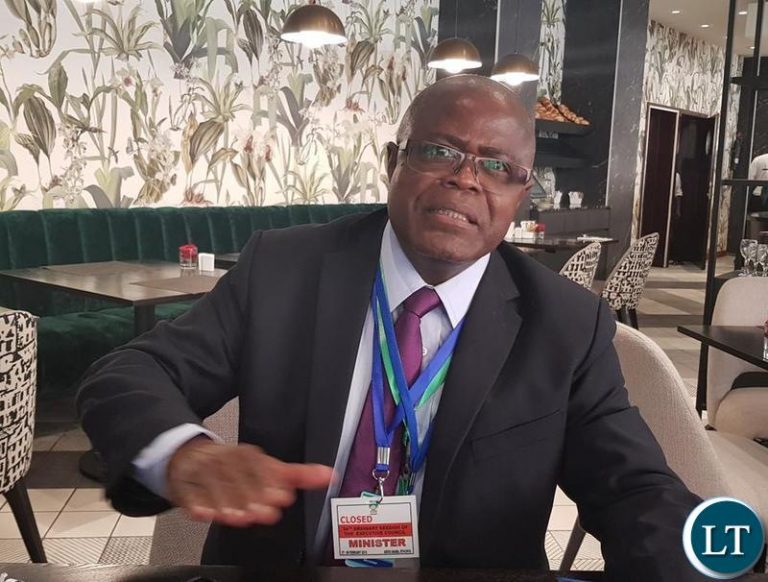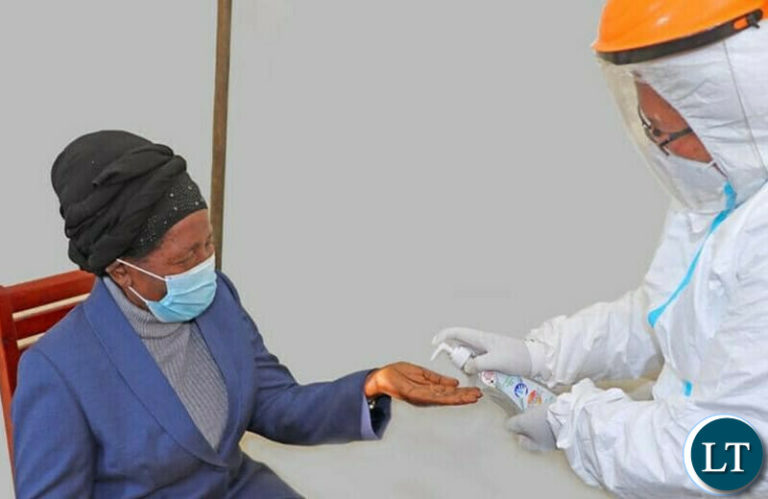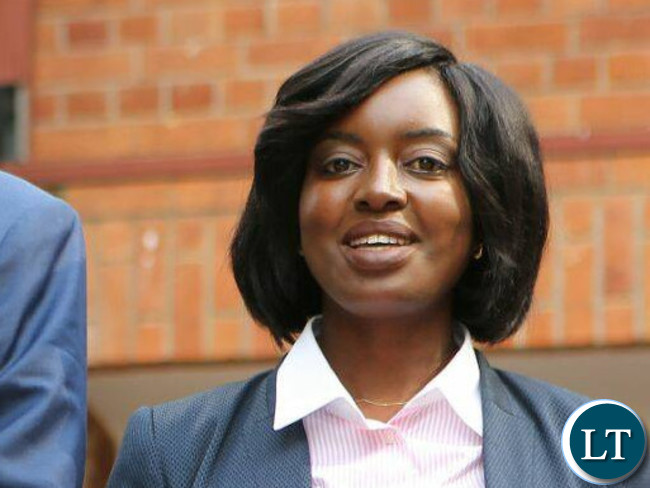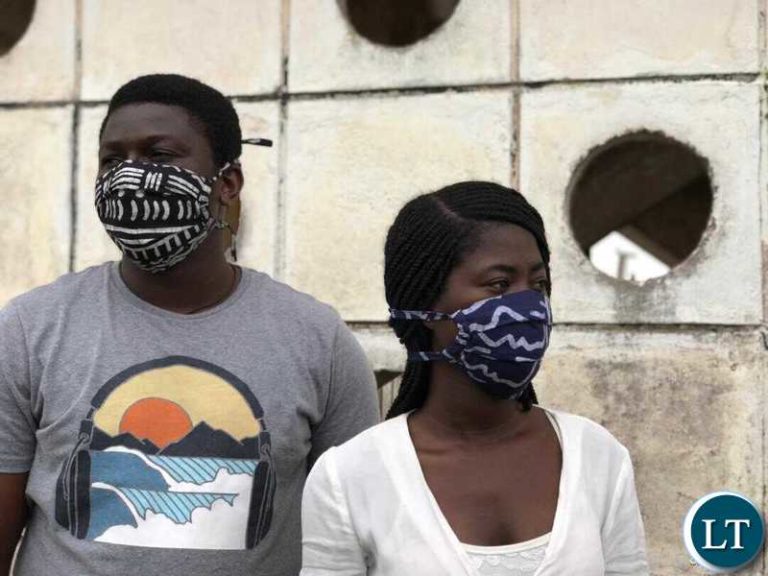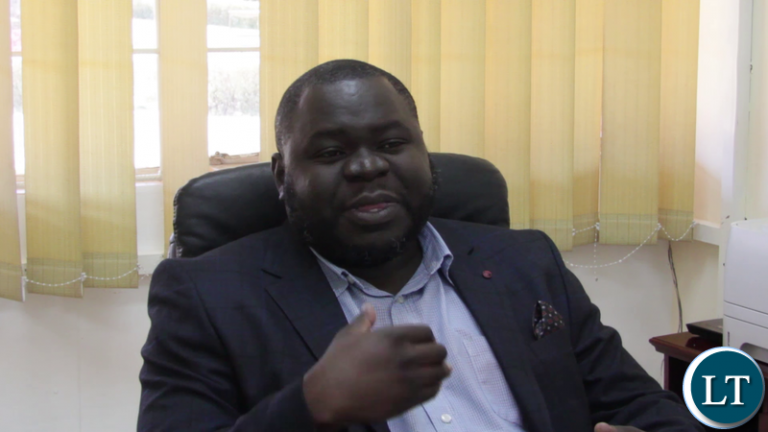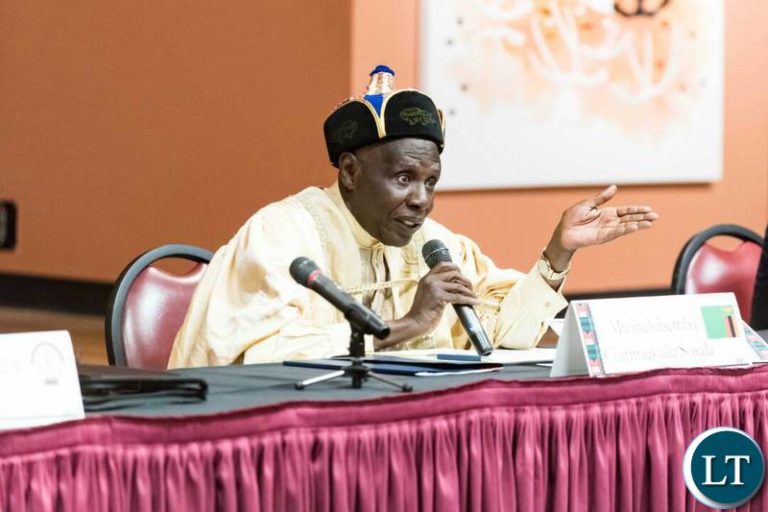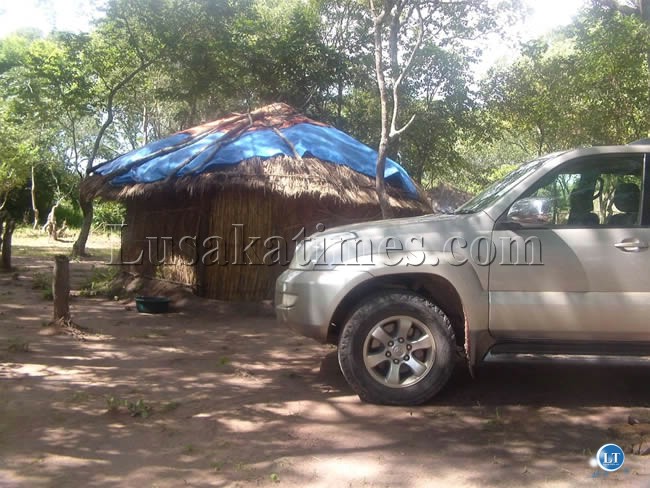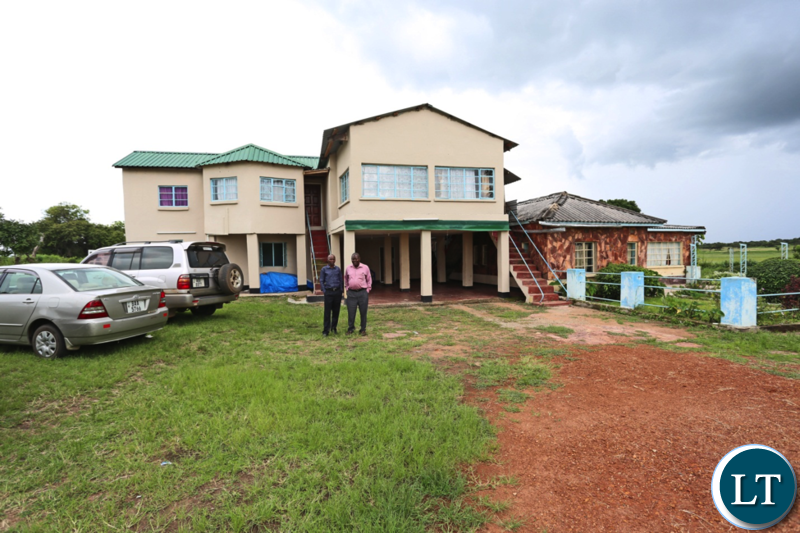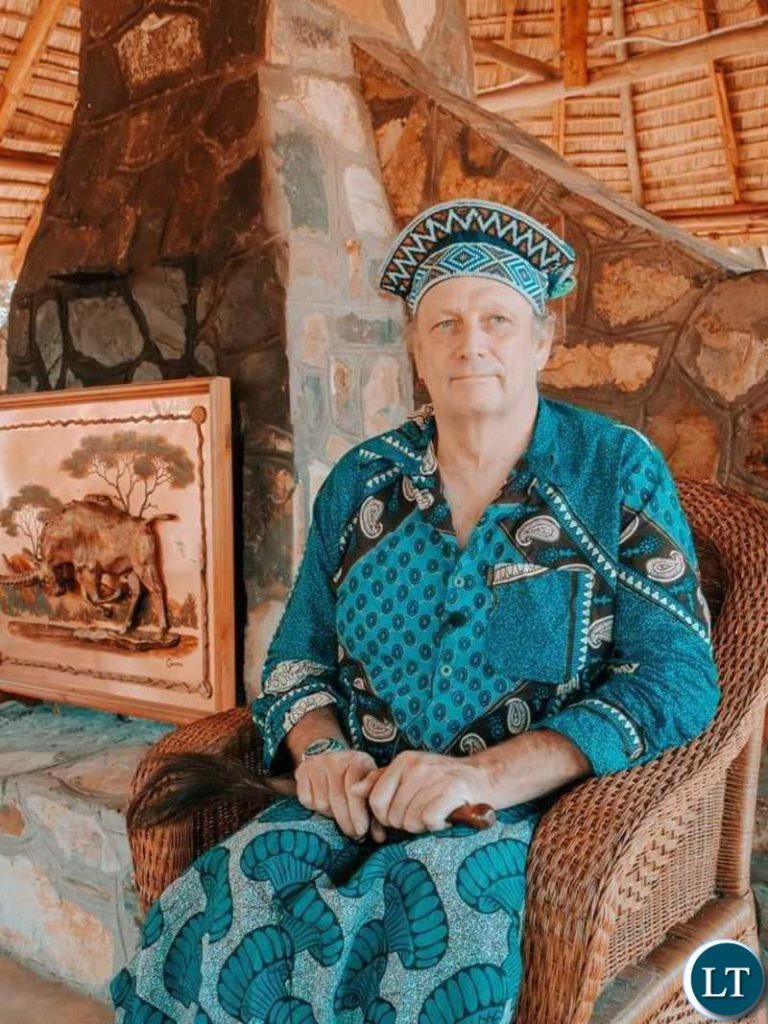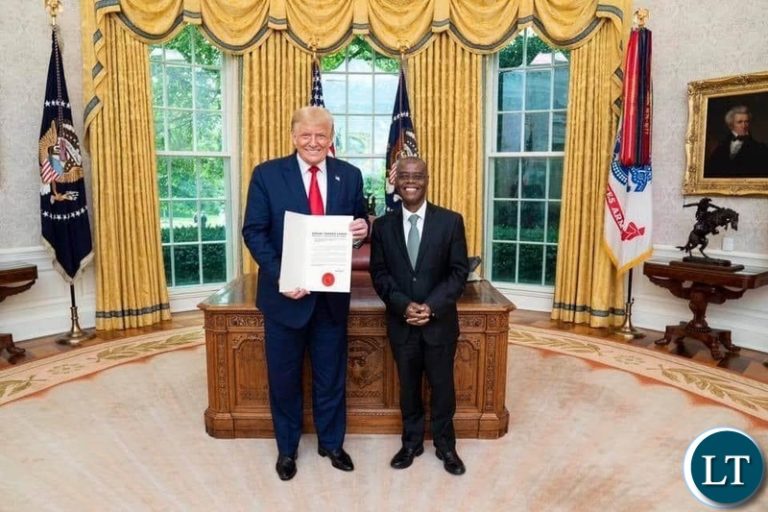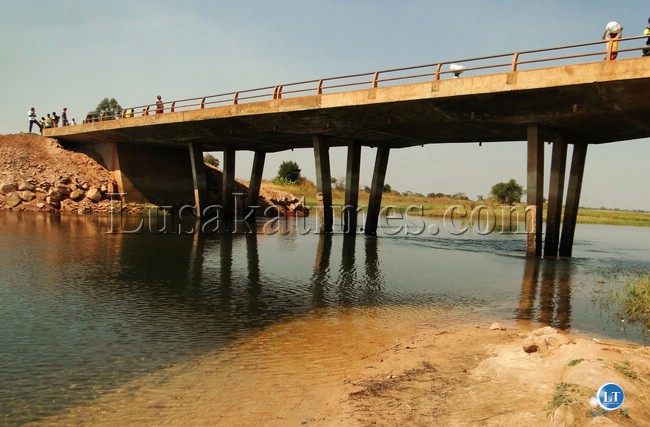By Field Ruwe
BASHILUBEMBA COULD SINK THE BOAT
‘’Kalulu tapusuka mipya ibili,’’ is a Chibemba proverb which can literally be translated as: ‘’The hare does not escape the burning plains twice.’’ The actual lesson is that no one should take his lucky for guaranteed or push one’s lucky star too far.
“Now to our surprise, when we thought a golden opportunity had occurred for a Bemba to rule us, a tree fell on our foot,” lamented one of the Bemba traditional councilors known as bashilubemba. In other words, the Bembas have shot themselves in the foot.
It has since become clear that President Michael Sata has ruffled the Bemba kingdom and fallen out of favor. He has drawn much blood and needs to suture the gaping wood before it becomes cancerous and spreads to his own party. His interference in the kingship of the Bemba is so offensive that an outraged Bemba council is prepared to die for its king.
If Sata does not gazette Henry Kanyanta Sosala as Paramount Chief Chitimukulu, and make peace with him, bashilubemba, who comprise Bemba chiefs and influential elders (bachilolo na bakabilo) will sink the already rocking Patriotic Front boat, and president Sata’s 2016 re-election bid will go down the drain. When he’s out and done, bashilubemba will declare him a pariah, and caution him never to step a foot in Mpika—remember KK?
The Bemba council has made it categorically clear: “Bashilubemba fye ebakwata amaka ukusonta imfumu neshamfumu” [The Bemba council is the only assemblage empowered to appoint a paramount chief and other chiefs]. This is in accordance with the Bemba tradition, and has been from time immemorial. The decision of the council is unquestionable. No one, in the more than forty exogamous matrilineal clans (imikowa), has a right to object, including Sata who belongs to the mushroom clan out of which a chiefdom was carved by Bemba princes, putting the Bisa in line of a distant succession to the paramountcy.
It has become apparent that the president is against the installation of the current paramount chief. He will not gazette a man who, according to him, has been “masquerading as Senior Chief Mwamba,” a man who has confessed that, as Chief Mwamba, he did not undergo “the traditional initiation as required by the Bemba tradition.” Bashilubemba think this is a ploy. Rumor has it that the president prefers young brother of Professor Nkandu Luo, Bob, who is from the Bisa cluster. This unilateral intention is at odds with the customary laws of inheritance because Bob is not a mwina ng’ona, a special type of clan that is a pathway to succession. Umwina ng’ona has to be a son of a woman, and not a man, who belongs to the Bena ngo’na. If the president appointed him, he would have overlooked this fact.
The die is cast. The question is who will blink first in this highly explosive wrangle? Will it be Sata, a suave tactician adept at the use of theatrics? Many a time he has astounded us with his ability to walk on fire and emerge unscathed. Will he brazen his way out of this and make bashilubemba cow, stoop to instinctive obedience and for the first time in the history of the Bemba chiefdom, nullify the appointment of a chief picked in accordance with the Bemba tradition? Or, will bashilubemba stand their ground and force the president into submission, castigate him, demand an apology, and make him swallow his ego and bow before Chitimukulu Henry Kanyanta Sosala? Still, will Sata, known to be unpredictable, raid the palace and arrest bashilubemba and the paramount chief for insubordination?
In all this kerfuffle (yes, kafwafwa is an English word), the loser is Sata. It has become evident that he’s better an opposition leader than a president. Before he was elected he was tenacious, indefatigable, imposing, convincing, omnipresent, timely, and often splendid. As president he is irresolute, lackadaisical, and complacent. Hallowed with the aura of incontestable authority, he has become the colossus who never admits to being wrong; one who takes people for granted; one who makes choices based on his ideas and judgment, and who thinks his actions have no consequences because they are a matter of prerogative.
Well, the interference in the Bemba chiefdom at the level of paramount chief is unprecedented and could have dire consequences. What the president is forgetting is that he owes a life-time allegiance to the Bisa tribe that falls under the suzerainty of paramount chief Chitimukulu. As a subject of the Bemba kingdom, the moral and practical rightness of his actions is beyond his presidency. If things went really bad between him and the paramount chief, he would tarnish the name of his family.
He must also not forget that he owes gratitude to the Bemba people for putting him in State House. The president and his PF were ushered into power, in most part, by Bembas. By the 2010 census, the population of Northern Province was 1,759,600, predominantly Bemba. Luapula Province had a population of 958,976. Add the population of the Copperbelt 1,958, 623 of mainly Bembas, and a large number in Lusaka (population 2,198,996), and you have the largest ethnic group in the country.
In the 2011 election, the majority of the Bemba people voted PF. The president’s ingratitude has brought about discontent and resentment in the Bemba kingdom. Bembas in every riding have not taken kindly to the way he has publicly defamed, antagonized, humiliated, and dishonored their current paramount chief. Their infuriation began when Sata refused to recognize him [paramount chief] as Senior Chief Mwamba and informed the press to shun him. They are further riled by the president’s failure to attend the burial of the previous Chitimukulu, something they regard as highly disrespectful. Further, they are incensed that he has continued to subject the paramount chief to ridicule by refusing to gazette him.
The president can’t read the tea leaves from the infusion. He can’t see the irreparable damage he is causing his political career and future. He can’t see that the lamentations of bashilubemba have been heard throughout Bembaland and are drawing sympathy and solidarity for the paramount chief. He does not know that the paramount chief is now in a position to fight back—that he is already fighting back. It is his lack of an avenue for the expression of his displeasure at the president that has led to the audio tape being covertly released on the Internet and other media.
Let me comment on the audio tape. The sound is so crisp it could only have been handled by a professional. There is no loss of quality in the voices of speakers like Ba Masembe, and Chief Chimba. They were speaking in the microphone inches away. Each speaker’s pitch, volume, and rhythm, conveys a clear denunciation of the president. And the fact that not one of bashilubemba has come forward to deny or condemn the audio tape is a clear testament that the recording was done with the full knowledge and permission of bashilubemba.
What does all this mean? It means that bashilubemba have risen against the president for attempting to desecrate the Bemba traditional laws of succession. They want to publicly and courageously express their contempt for him. They want to show him that they are impregnable. They want to assure their subjects around the country that they are diligently performing their duty of protecting the Bemba chiefdom. They are asking the Bemba people to rally behind the new Chitimukulu. Also, they are intimating that they may withdraw support of the president and his party in future elections.
In other words, bashilubemba have put their indelible stamp on the Bemba kingdom, for better or worse. They are tough men with profound influence. They believe they have a mandate from their people and see themselves as defenders of the kingdom. If they choose to withdraw support for the president, they will do so with tremendous backing. This possibility is inwardly welcomed by political opportunists within the PF party. Some, including confidants of the president, see this as a window of opportunity to succeed him. They are praying that he does not append his signature and gazette the man he has rejected so they can exploit the mess for their political gain.
President Sata’s trial of strength is his own making and has come too soon in his reign. The paramount chief succession cockup and the latest fiasco between the “endorsers” and “successors” have weakened him. The latter underscores the deep divide in the PF party….. And if the president does not gazette the new paramount chief Chitimukulu, Bembas will be crossing over to other parties. In the end, the crocodile would have wrecked the boat.
Field Ruwe is a US-based Zambian media practitioner, historian, and author. He is a PhD candidate at George Fox University and serves as an adjunct professor (lecturer) in Boston. ©Ruwe2012
N.B Field Ruwe wrote: The die is cast. The question is: who will blink first in this highly explosive wrangle? Will it be Sata, a suave tactician adept at the use of theatrics? Anyway, we finally reconciled with President Sata and to seal the reconciliation, he honoured me during Zambia’s 50 years anniversary. However having gone through such terrifying experiences I now believe that the only solution to avoid repetition is: PREVENTION IS BETTER THAN CURE .(TO BE CONTINUED)


